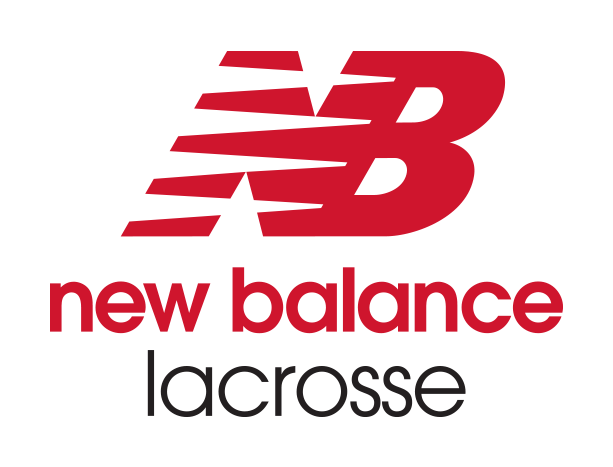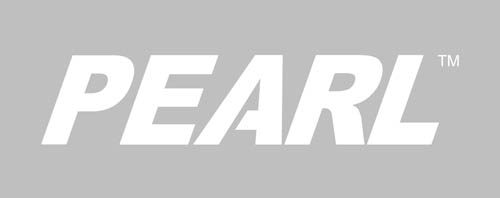Q&A: Colorado D-Coordinator Jon Cohen
- General News
- Rocky Mountain Lacrosse Conference
- Colorado Buffaloes
(Photo by Lance Wendt)
by Dave Franklin | MCLA.us
BOULDER, Colo. – Jon Cohen is in his first year as defensive coordinator at CU-Boulder.
He is an MCLA alum having played at UNLV and is well known for his work as the general manager and assistant coach with the Denver Outlaws in addition to being on the staff for the Hungarian National Team.
He was also the head coach at Heritage High School in Colorado and coached youth with DoCo LC, which has now been absorbed as the Outlaws Youth Academy.
Cohen recently sat down for a Q&A.
Dave Franklin: Connecting your time as a student athlete to now, how would you surmise your experience at UNLV and current perception of the MCLA?
Jon Cohen: When I was at UNLV, we were an upstart program that a lot of people’s hard work got the program off the ground. Now in Boulder, head coach John Galvin runs a program that any coach or school would be proud of regardless of the classification.
I think some misconceptions are that it’s a men’s league and an alternative for some players that don’t want to make the commitment. With CU and other programs, that could not be farther from the truth.
These young men work extremely hard, not just in February to May, but all year round. I’m excited to not only have played in the MCLA, but now coach in it.
DF: You've coached high school, professional and youth. What do you take from these experiences into your role at the collegiate level?
JC: Professionally with the Outlaws, the defense is so good that I am never going to teach them any fundamentals or skills. Rather, my job is to evaluate the guys and make sure everyone is on the same page and that we’re being as creative as we can be.
Whereas with youth and high school, you have to spend so much time on fundamentals that some of the creativity gets lost because you need to lay a solid foundation. CU has been the perfect middle ground working with extremely talented players that also are excited to keep learning, and getting better while also having the ability to be creative in schemes.
DF: DoCo (now Outlaws Academy) has sent many talented players to the MCLA ranks and capitalizes on some of the top programs being localized for DoCo players. Any notable connections on your roster to former players, or former Devils you expect to see versus Colorado State or any other opponents?
JC: Johnny Roach just graduated from CU and is an assistant coach now. He was one of the first club kids I coached after I graduated college, so it’s been great working with him on the sideline now.
I also coached our goalie Russell Riley and freshman midfielder Nick Darrow. At CSU, Matt Bocklet and I coached Josh Kelly and Bay Sherbert. It’s been great seeing the talent from all around Colorado in the MCLA.
DF: This past summer, you had a chance to travel to Israel and coach Team Hungary in the World Games. You are also responsible for bringing the first Japanese born players into the MLL. In the future, do you see programs like Colorado or others in the MCLA being a good outlet for international students who maybe first picked up a stick outside of the US?
JC: I really hope so! It's amazing how much talent I saw at the World Games and often times I think you'll see more MCLA guys represent their heritage in those tournaments rather than international students who come to the US, but I would love to see that change.
DF: You have won three MLL Championships with the Outlaws. What aspect of the championship culture there do you find to be most consistent with other successful teams that you've coached, regardless of the level of play?
JC: Myself, Coach Seaman, Coach Grant Jr, and captain/new coach Matt Bocklet get this question all the time. The only parallel I can see in the five years where we won three championships was the locker room.
The rosters were never the exact same and neither were the captains, but the expectations of the guys that walked in there were. It’s not an intense, "in your face" expectation. It was more that win lose or draw, everyone was going to go out after the game and be there for each other.
When I draft guys, that’s a huge part of it: talking to their college coaches. I know everyone thinks they have the best locker room and you still need to put the ball in the net, but every successful team I’ve been a part of had built the success in the clubhouse before anything on the field.
DF: What has been the most enjoyable part as well as the biggest challenge in your taking over the CU defense in 2019?
JC: I think the most enjoyable part has been getting to know the guys on my defense and seeing a blueprint of what we walked through four months ago finally starting to come to fruition.
I have also really enjoyed seeing the talent of other teams. Whether it’s casually watching or scouting, there is a lot of impressive players in the MCLA.
The biggest challenge has been the turnaround time of games. Recently we played two top ten offenses in Chapman and Concordia in 36 hours and the preplanning to make sure the scouts are ready is something I’ve really enjoyed doing.
DF: A few notable MCLA athletes have made appearances on the active rosters and practice squads of Major League Lacrosse teams over the years. Will the current state of professional lacrosse open additional pathways from the MCLA to the MLL?
JC: One hundred percent. The GM’s of all the MLL teams are always looking for great players regardless of where they come from. Off of our 2018 championship roster alone, we had players from NCAA D-I, D-II, D-III, MCLA and international guys all on the squad.
DF: Outside of having one less tough opponent on the roster, does Utah's jump to the NCAA leave any other residual effects on Colorado or other RMLC/Pac-12/MCLA programs from your perspective?
JC: Losing the AQ in the RMLC is probably the only repercussion, but the positive far outweighs that for what it does for the MCLA.
DF: When you hit the last stretch of the regular season you are seeing 2-3 of your biggest rivals before meeting them again in the conference tournament while likely traveling with all of them to nationals. Is the mental and physical preparation different for those teams than from the way you prepare for other parts of the schedule?
JC: Coach Galvin does a great job of having the guys focus on today. Whether today is practice, film, or a game, we take it one day at a time so that when that time comes, there isn’t any difference.
I’d be lying if I said there isn’t extra emotions when playing RMLC opponents, but that doesn’t have anything to do with the preparation or practice in February as opposed to May. If anything, it makes our guys prepare a little bit harder since BYU, Utah Valley, and CSU have beat some really good teams this year.
DF: Which Colorado player would you consider to be the most influential glue guy to your defense and why?
JC: It’s hard to pick just one. I am lucky enough to have four seniors on the defensive unit. Three of them are close defensemen in Nick Cottrell, Blake Sandman and Brian Mendendorp along with one short stick d-mid – and the loudest guy on the team – in Ben Palitz.
All four, along with the rest of the younger guys, make my job much easier because of their lacrosse IQ and willingness to buy into what we’re trying to accomplish.
Fall Check-In: Cal Golden Bears
Bears are on the hunt for consistency in 2026
- General News
- Western Collegiate Lacrosse League
Texas the Toast of LSA D-I Poll
Longhorns looking to extend LSA reign
- General News
- Lone Star Alliance
Razorbacks Reign Over LSA D-II Poll
Arkansas the pick in LSA preseason poll
- General News
- Lone Star Alliance



